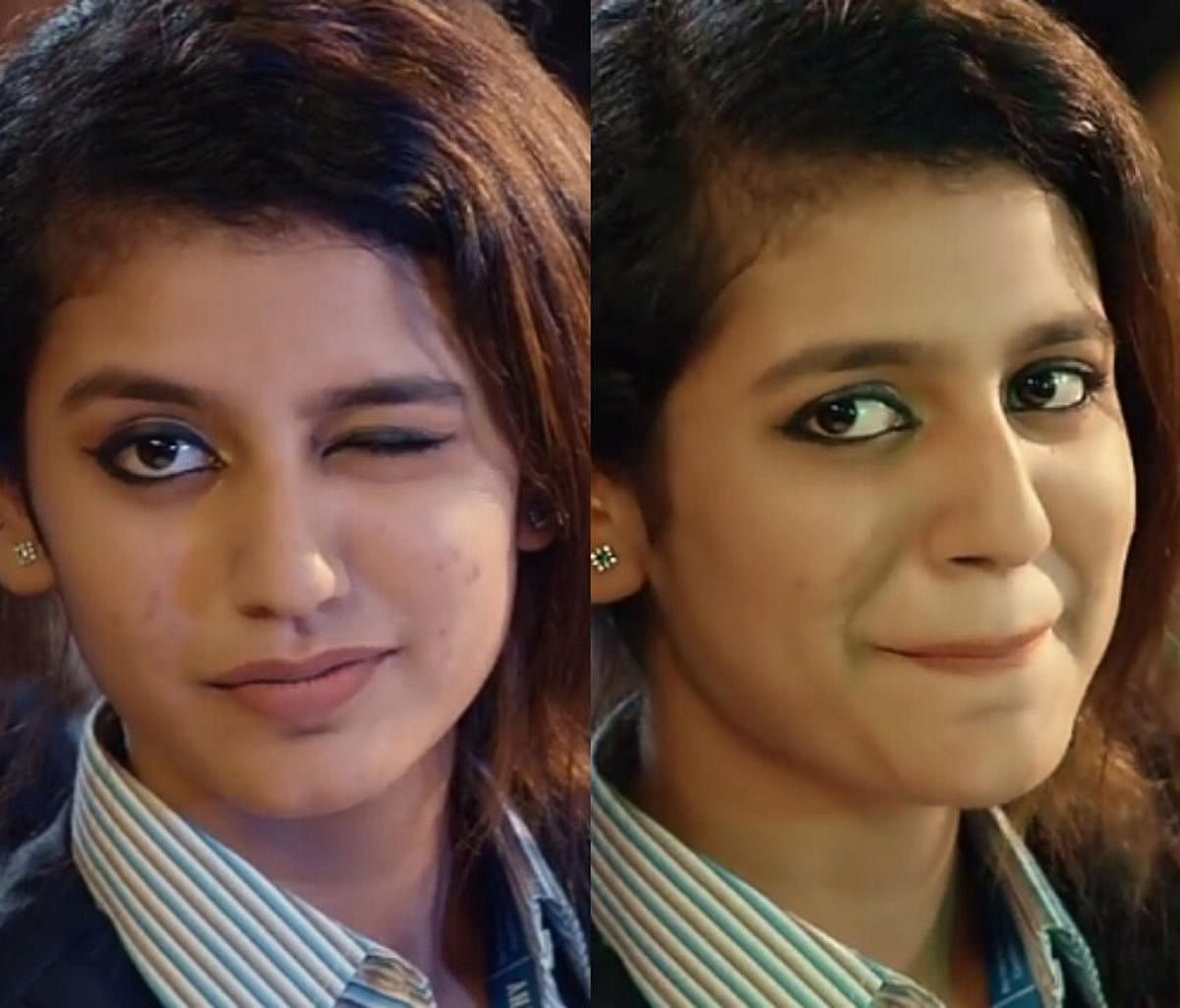
Two recent incidents have put India’s blasphemy law in the spotlight. The first is the controversy around the actor Priya Varrier. Her wink during a movie song offended some Muslims and she was forced to go to the Supreme Court to quash the FIR against her. The second incident is the proposal by the government of Punjab to amend the Indian Penal Code (IPC) so as to make “injury, damage or sacrilege to Sri Guru Granth Sahib, Srimad Bhagwad Geeta, Holy Quran and Holy Bible with the intention to hurt the religious feelings of the people” punishable with life imprisonment.
These two incidents lead one to consider the constitutionality of blasphemy law in a State that protects free speech. Sections 295A and 298 of the IPC penalise acts that are intended to outrage or wound religious beliefs or feelings. Article 19(1)(a) of the Constitution grants every citizen the right to freedom of speech and expression. Any blasphemy law is unconstitutional, being inconsistent with the right to free speech.
The blasphemy law directly contradicts an important component of the right to freedom of expression, namely the right to offend. The right to freedom of expression is founded on two core ideas. First, individuals should be able to exchange ideas and learn from each other. Second, individuals should have the ability to express themselves and what they believe in. The right to offend is necessary for both.
Questioning or criticising deep-rooted or personal beliefs can hurt the sentiments of the listener. But without a free and open debate, we will not be able to learn from these uncomfortable questions. Breaking taboos and shocking others can start a debate and prevent ideas from being held as unquestioned dogma. Second, without a right to offend, some people may hardly be able to express themselves. Taking the offence to sexual puritans as a limit for free speech, for instance, would mean that people would not be able to express their sexuality publicly at all. The right to be oneself, only recently hard-won by lesbians and gays would be relegated to the confines of one’s private home.
We can understand the importance of the right to offend better by considering some examples. Consider first a group of Dalits who criticise the Bhagavad Gita and Hinduism for the invention and endorsement of the caste system. They describe the Gita and Hinduism as vile and repugnant. Consider then a group of rationalists who mock the miracles that Jesus is described to have performed.
They describe the Bible as a book of lies and Christianity as an ideology for the gullible. Consider also another group of feminists who object to polygamy in Islam. They criticise Muhammad and the Quran as evil and misogynistic. All three examples would, presumably, be covered by both the blasphemy provisions of the IPC and the proposed Punjab law.
All three expressions would be permissible if they were not about religion. If the Dalit group had criticised Gandhi for his views on caste, this would be permissible. If the rationalists had criticised astrology, this would be permissible. If the feminists had criticised Indian culture in general, this would be permissible. In all three cases, the expression would have caused offence.
A fundamental character of criminal law is that it is uniformly applicable. Criminal law does not usually provide for exemptions on the basis of religion. Keeping in mind its ‘egalitarian’ application, it does seem unusual that one of the social institutions, such as religion, is given a peculiar moral status in the law. As mentioned, insults to political parties or historical figures are not afforded any such special privilege. Neither is the perceived insult to any other social institution. Religion, however, seems to hold a peculiar status in Indian criminal law.
There is nothing that makes religion special so as to make its perceived insult a criminal offence. There is no principle that explains why insult to religion should not fall within the ambit of freedom of speech and expression. Secularism is a constitutional principle prohibiting religious interference in State affairs. The blasphemy law does not aid the State to become secular in any way. If anything, it may betray secularism by being partial towards religions at the expense of non-believers.
In Ramji Lal Modi vs State of UP (1957), the Supreme Court upheld the constitutionality of India’s blasphemy law. It held that the legislation was a reasonable restriction on free speech in the interest of public order. It held that blasphemy includes a tendency of bringing about public disorder. This argument is flawed in two ways.
First, it allows for what has been called the Heckler’s Veto. The fact that people will react to one’s speech violently should not silence the voice of those who want to speak out. Yet, this seems to be the case with the proposed law in Punjab. The government is reacting to intense protests against the sacrilege of the Guru Granth Sahib. But the intensity of protests should not be a reason to silence unpopular expression.
The second flaw is that a “tendency” for public disorder is too vague. Such a criterion is overly broad to infringe with the valuable right of free expression. The criterion also fails to recognise that speakers cannot be held responsible for what other people decide to do. Blasphemy neither constitutes incitement to violence nor does it constitute “imminent lawless action”, the standard used by the US Supreme Court for these cases.
For these reasons, the blasphemy law is incompatible with the constitutional right to freedom of speech and expression. Any ‘deeper’ importance of religion does not give us a good reason for making an exception to our free expression. Religion has to comply with democracy, not the other way around.
(Steuwer is a doctoral student in Philosophy at the London School of Economics; Thulasi Raj is a lawyer at the Kerala High Court)